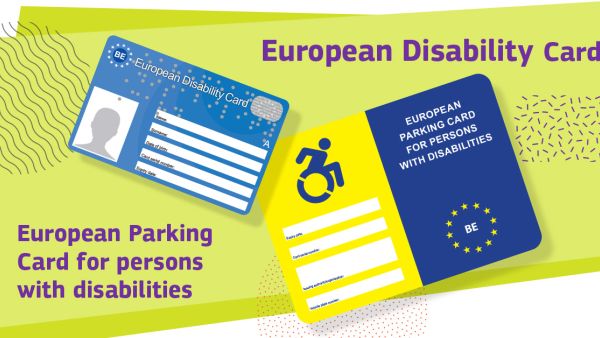S&D Euro MPs today called for the implementation of a strong European pillar of social rights in order to respond to new challenges in the labour market and reduce social inequalities. The proposals set out by S&D vice-president Maria João Rodrigues received large support from the participants of a Brussels conference entitled 'The Pillar of Social Rights - Shaping the Social Heart of Europe'.
S&D Group vice-president and European Parliament’s rapporteur Maria João Rodrigues highlighted that:
"The EU needs to change its economic and social policies. European citizens want to have control over their lives and want to be sure that markets work for people's well-being.
"The Socialists & Democrats are fighting for quality jobs, social justice, a fair distribution of wealth, a high-quality public education system, gender equality, sustainable growth and good social protection. We want a good future for all. Reducing today's massive social inequalities is our top priority. New 'atypical' forms of work create some new opportunities - but also major risks of economic insecurity.
"The European Commission has promised for 2017 a 'European Pillar of Social Rights' as a response to Europe's social problems. The S&Ds are leading the fight in the European Parliament to make sure this 'pillar' is real and solid, with enforceable rights, improved economic policies and proper financing for necessary public investments."
S&D Group spokesperson on employment and social affairs Jutta Steinruck concluded:
"With new challenges ahead in the labour market stemming from new types of employment, Europe needs to adapt its labour laws and social insurance schemes in order to ensure decent and fair working conditions and social protection for all workers.
"No more warm words and false promises, the S&D Group expects the Commission to come forward with a concrete update of EU legislation. Existing loopholes which have led to atypical employment resulting in poverty and uncertainty in the lives of many Europeans must be closed once and for all."
The S&D Group's key proposals on the European Pillar of Social Rights are:
1. A European directive on fair working conditions for all workers, ensuring a core set of enforceable labour rights, health insurance and social protection even for those who work in temporary contracts, on-demand, in internships or as self-employed under digital platforms. All these people need to make a decent living and need to be protected!
2. Ban on unpaid internships and on those paid so little that they don't enable workers to make ends meet.
3. Ban on zero-hour contracts. Some core working hours must be guaranteed to all workers - they can't be forced into permanent uncertainty!
4. Decent living wages. Every EU country should ensure a minimum wage of at least 60% of the national average wage.
5. A Child Guarantee policy in every EU country, so that every child in poverty has access to free healthcare, free education, free childcare, decent housing and adequate nutrition.
6. A Youth Guarantee, making sure that everyone under 30 gets a good-quality offer of a job, internship, apprenticeship or training within 4 months of leaving school.
7. A Skills Guarantee as a new right for everyone to get fundamental skills for the 21st century, including digital literacy.
8. Housing support for young people setting up a household and for everyone in need, including through more social housing and protection against eviction.
9. New and better laws on maternity leave, paternity leave, parental leave and carers’ leave to ensure equal opportunities, help women in the labour market and enable work-life balance.
10. In EU fiscal rules, a 'silver rule' on social investment, ensuring that key investments like childcare, education and training are not prevented by limits on budget deficits and government debt;
11. Jobs as the first priority in the EU Investment Plan: The European Investment Bank is supported by taxpayers and should prioritise job creation more than financial returns;
12. More money for existing EU funds helping with job search, education, training and social inclusion. In addition, two new instruments should be created in a Eurozone fiscal capacity: a 'convergence fund' to repair the economies most hit by the Eurozone crisis, and a European unemployment insurance scheme, giving short-term support to national schemes in case of future shocks.







